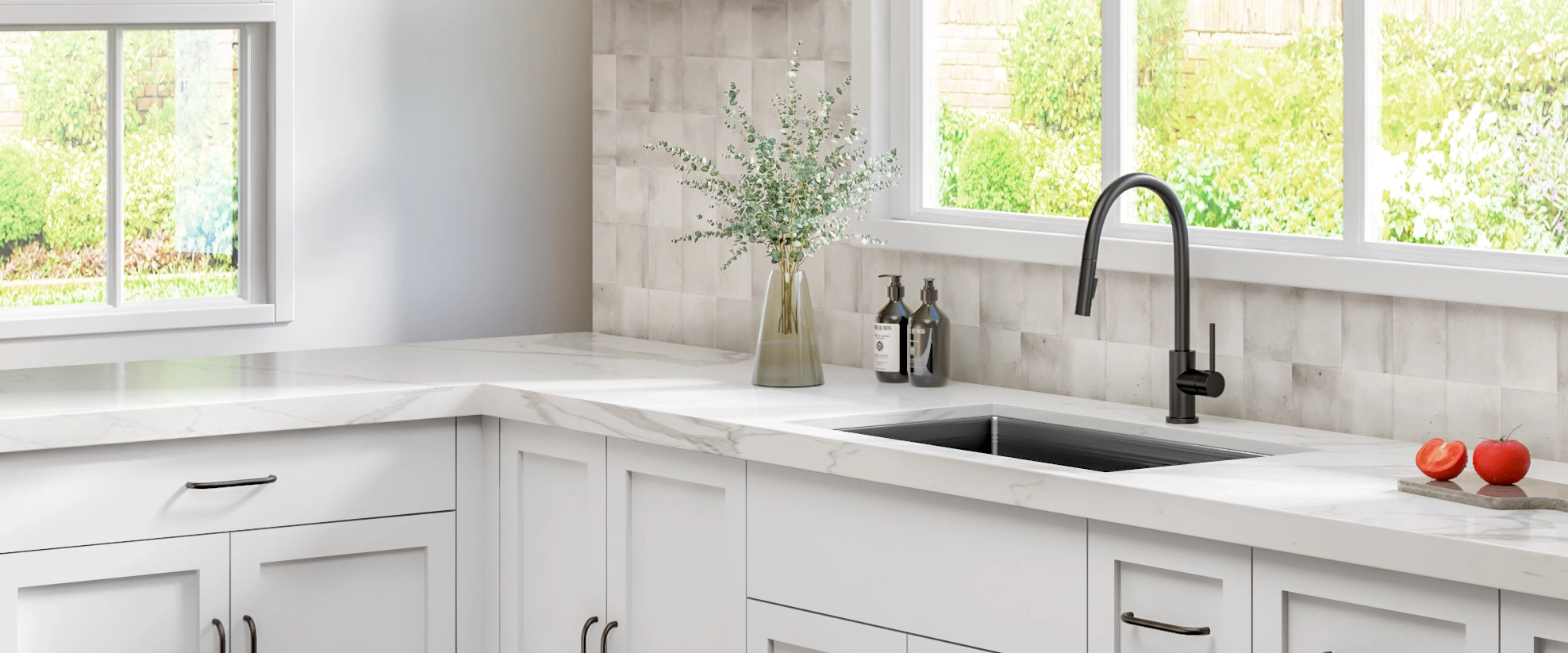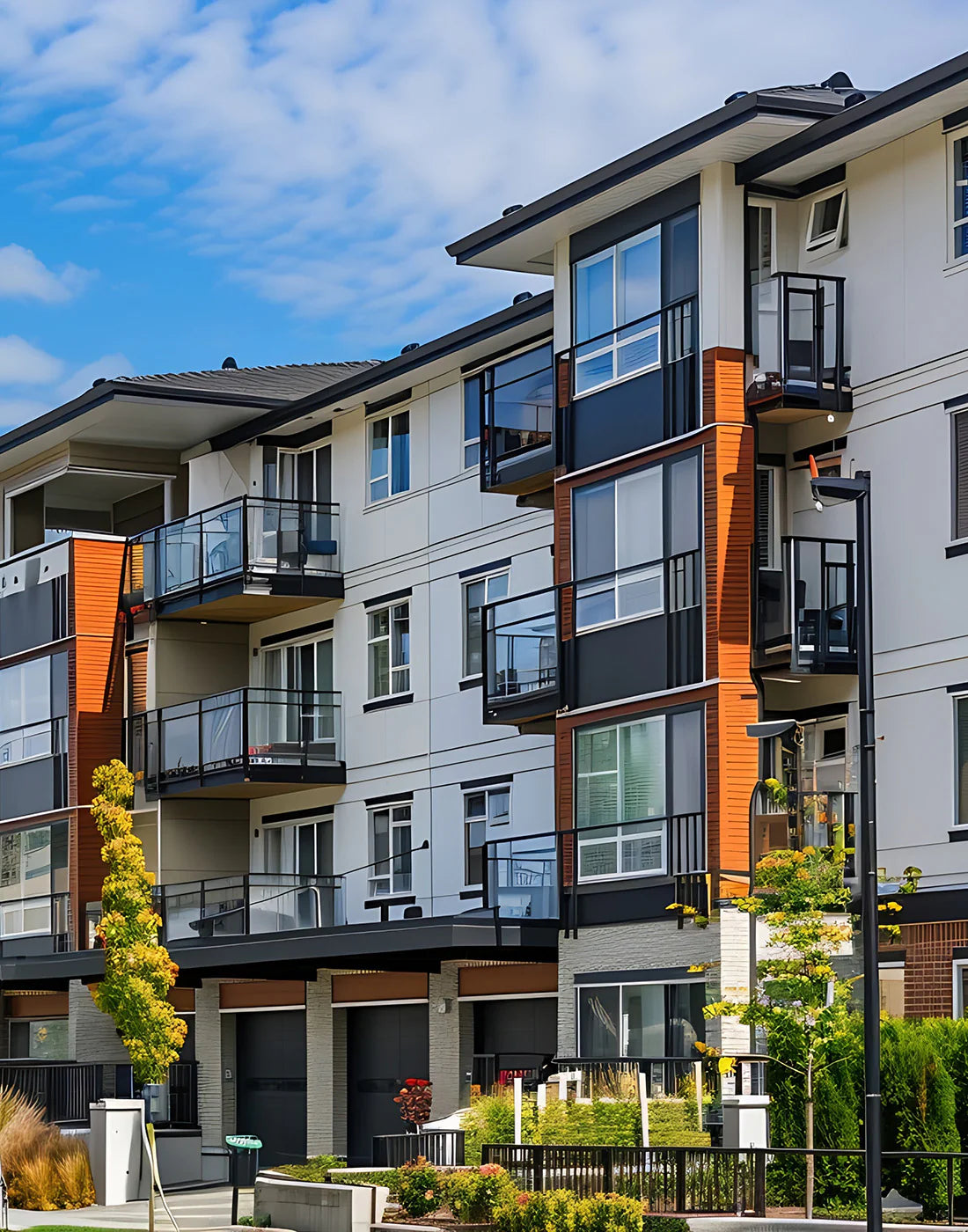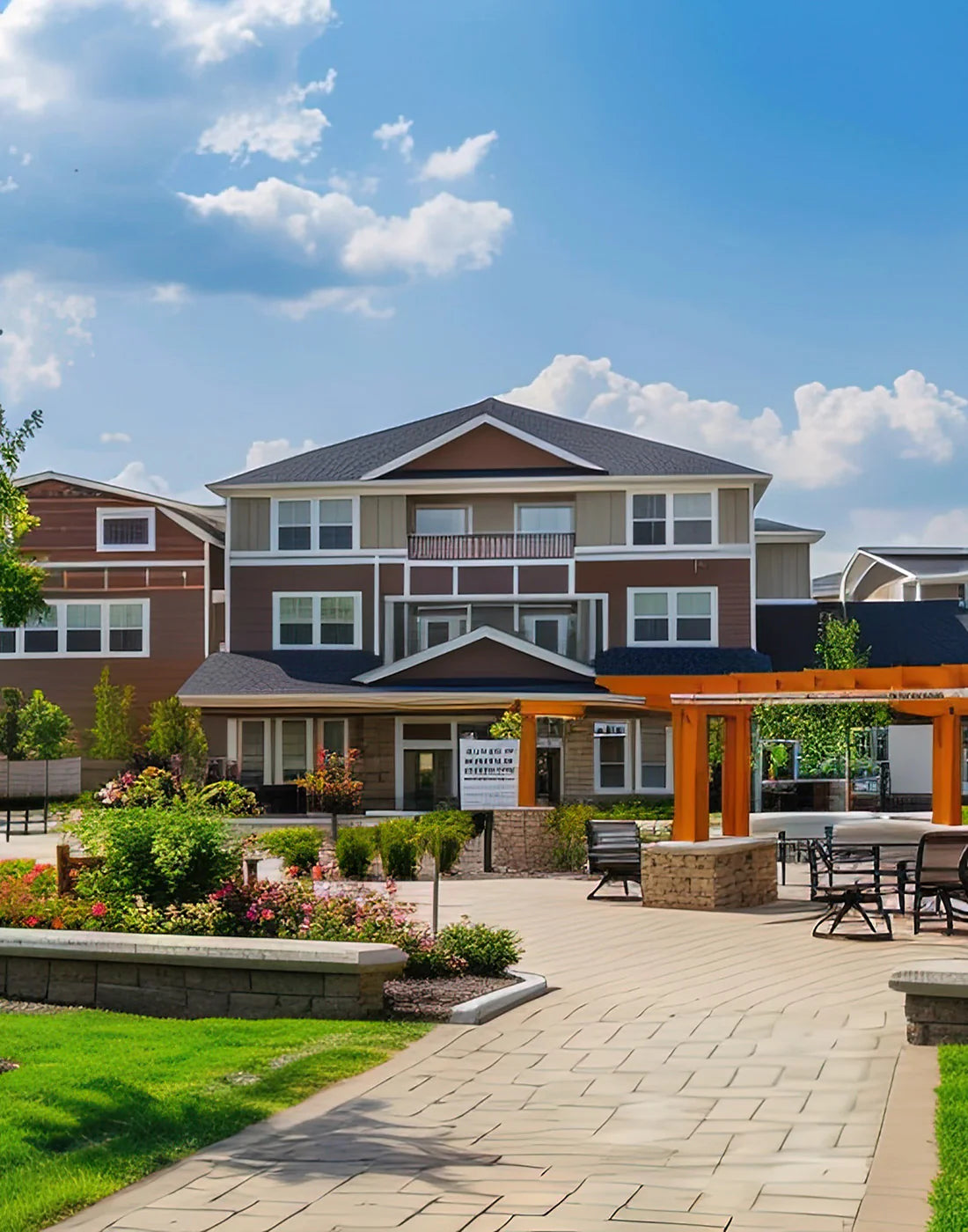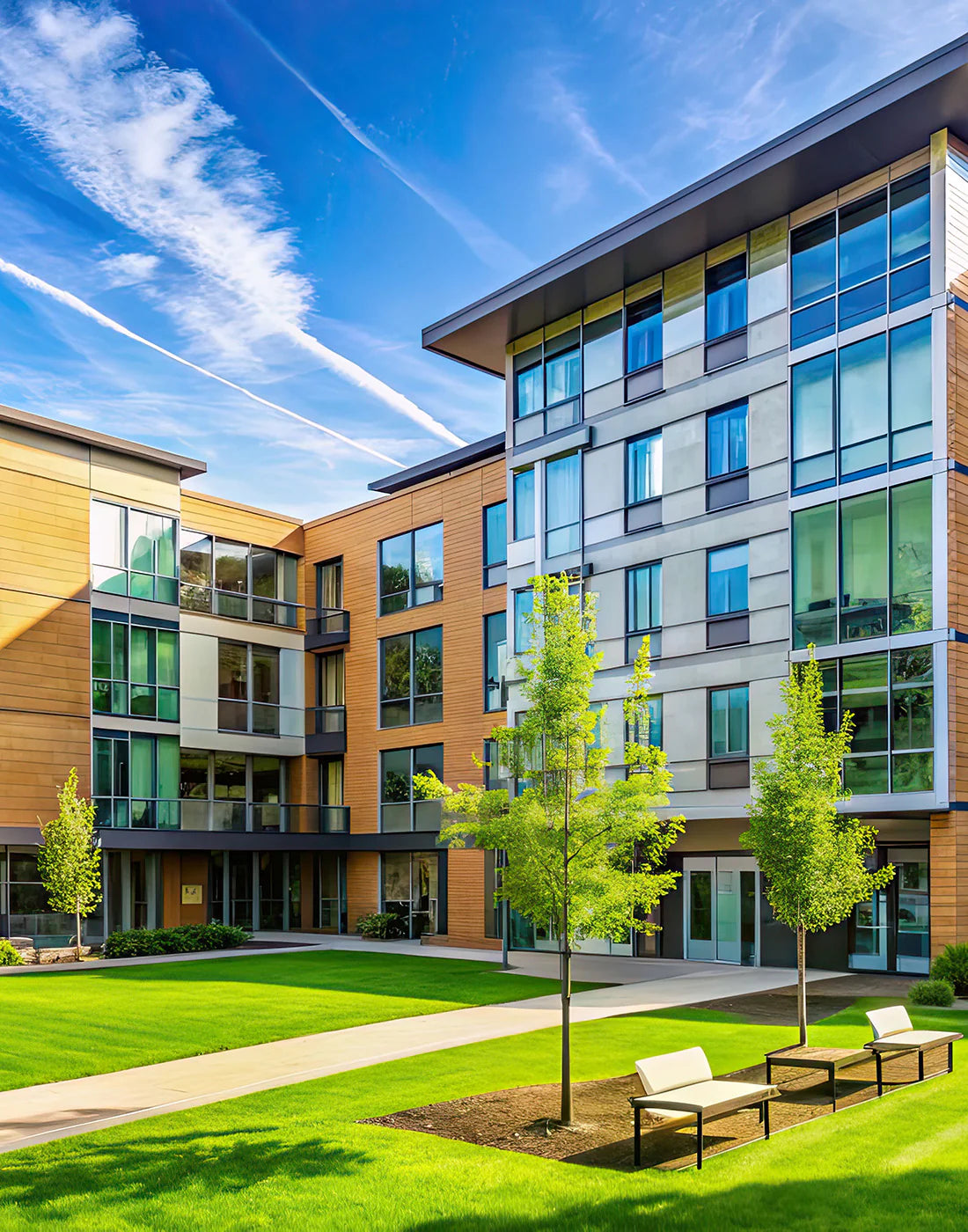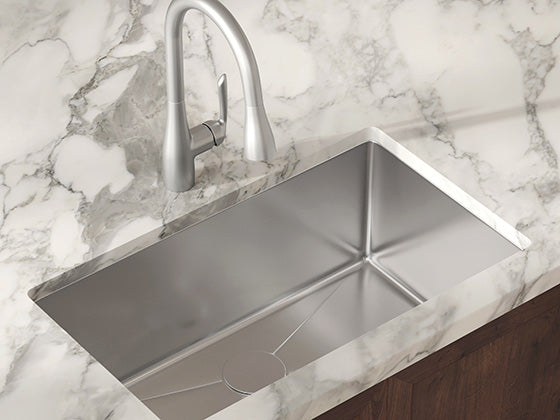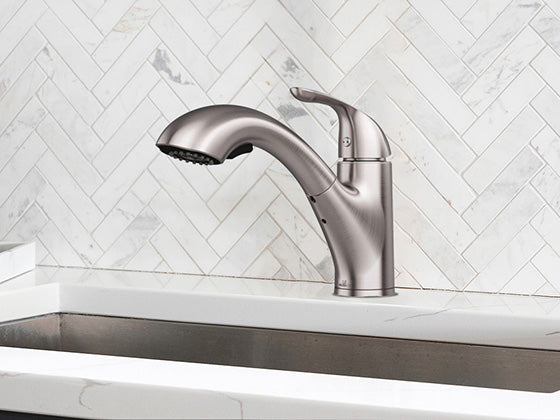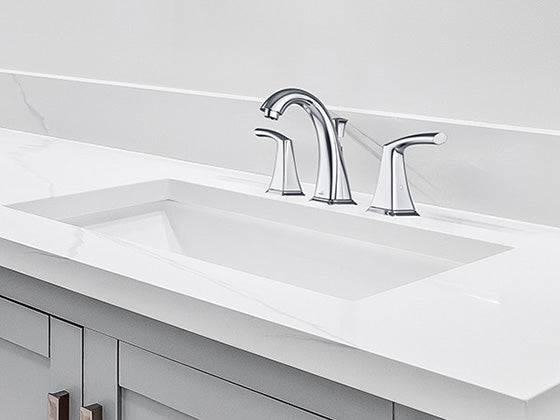The construction industry faces many challenges, and tariffs on materials add another layer of difficulty. As budgets tighten and project plans change, purchasing managers and contractors must figure out how to keep costs low without losing quality.
Finding cost-effective solutions is more important than ever. The right supplier can make the difference between winning a bid and losing out. This guide explores how tariffs affect the supply chain and strategies to handle them. Staying competitive in a changing market requires careful planning and smart decisions.
Tariffs on imported construction materials make costs rise through the supply chain, causing problems for the industry.
What is a tariff, and why is it important to the construction sector?


A tariff is a tax on goods brought into a country. Governments use tariffs to protect local businesses or to raise money.
Tariffs can, in theory, make local production more competitive by canceling out price advantages from foreign subsidies. But for builders, tariffs often mean higher costs, delays, and more complicated project planning.
Recent ideas, like Donald Trump’s plan for a 10% tariff hike, could increase costs even more. These rising expenses show why it’s important to find reliable suppliers who offer stable prices.
How will new tariffs impact the construction industry?


To see how new tariffs might affect the industry, look at past examples, like those from Donald Trump’s first term.
These included China tariffs, which targeted many products to fix trade imbalances and support U.S. industries.
Right now, Chinese imports of steel and aluminum are around 28%. Between 2018 and 2020, these tariffs made material costs rise 7–11%, according to the American Institute of Architects (AIA).
COVID-19 supply chain issues made things worse, causing delays and forcing changes to project plans.
What to Expect for Tariffs in 2025


Tariff rates change often, but recent policies suggest they will keep rising. Even trade with close partners is affected.
For example, a proposed Mexico tariff could raise prices for key materials. In August 2024, the U.S. Department of Commerce increased tariffs on Canadian softwood lumber from 8.05% to 14.54%.
These changes have big effects. A 2021 survey by the National Association of Home Builders (NAHB) showed that lumber price increases, including tariffs, added $24,000 to the cost of a single-family home.
The Amplification Effect
Tariffs create a ripple effect in the supply chain. A 10% tariff on materials doesn’t just add 10% to costs. Each stage of the supply chain adds its own markup, making the final price much higher.
This leads to bigger bids, fewer completed projects, and more financial risks for purchasing managers.
Short- and Long-Term Ramifications


Short Term: Rising material costs disrupt budgets and delay projects. Contractors may need to scale back designs or accept smaller profits.
Long Term: Local production might grow to fill gaps, but it’s unclear if it can meet demand quickly. If reliable local sources aren’t available, high tariffs could keep costs up and slow industry growth.
The construction industry, building about 1.5 million homes a year, may struggle to meet demand under these conditions.
Mitigation Strategies for Purchasing Managers
- Escalation Clauses: Add contract terms to adjust fees if material costs rise unexpectedly.
- Supply Bonds: Use these to guarantee vendors deliver materials even during market changes.
- Subcontractor Default Insurance: Protect against losses if subcontractors fail to meet commitments due to tariffs.
Allora USA: A Cost-Competitive Partner


The U.S. spends $181.2 billion monthly on construction, with $4 billion of that on imports. Tariffs may seem small in this context, but their effects multiply through the supply chain. Finding suppliers who balance cost and quality is key to staying profitable.
Allora USA helps purchasing managers manage these challenges. With stable pricing and efficient sourcing, Allora ensures projects stay on budget without cutting corners on quality.
Preparing for the Future
Tariffs are a challenge but can be managed. Partnering with vendors like Allora USA and using smart strategies helps reduce risks and keeps projects on track.
Planning for short-term problems and long-term changes builds resilience in a shifting market. Choices made today will shape success tomorrow.
Finding the right supplier is essential. Reliable pricing and quality products keep projects moving and bids competitive.
Allora USA supports the industry with cost-effective solutions and expertise. With Allora, projects succeed even in tough market conditions.
- Guaranteed stock ensures no delays.
- Commercial project discounts save money.
- Lifetime quality guarantee offers peace of mind.
- 30-day money-back guarantee for satisfaction.
- Free shipping to most U.S. areas.
- Fast delivery within 5 days.
- Unlimited support by phone or email.
Contact Allora USA for dependable plumbing fixtures tailored to your next project.



